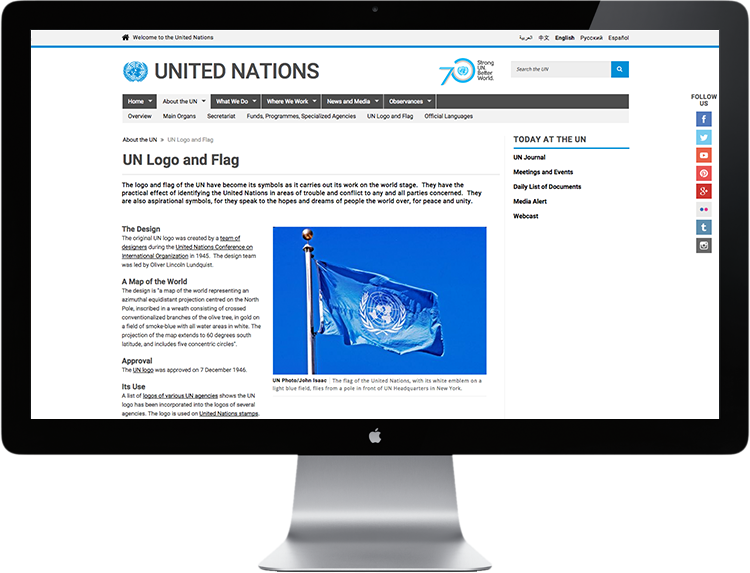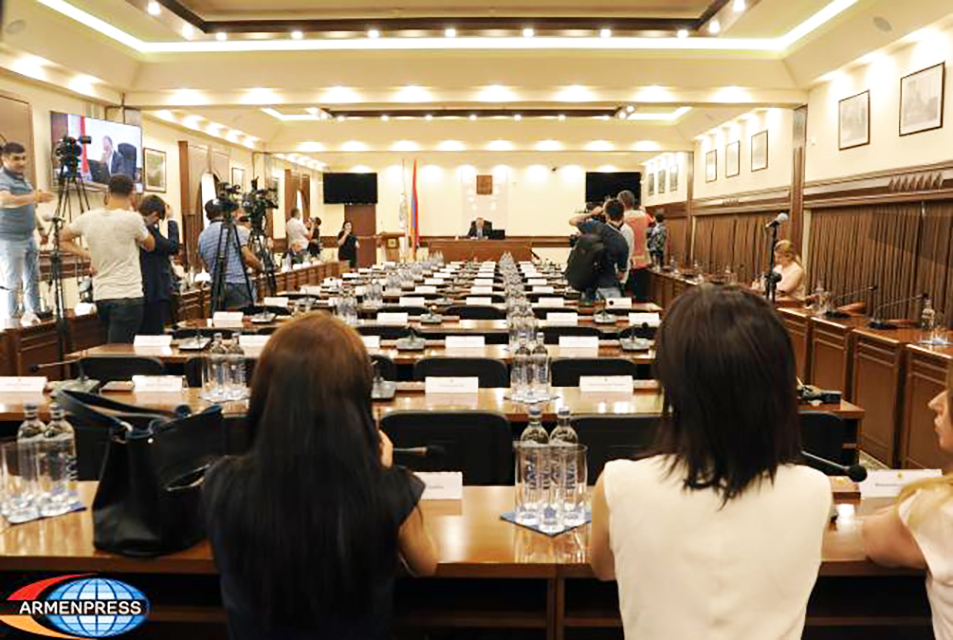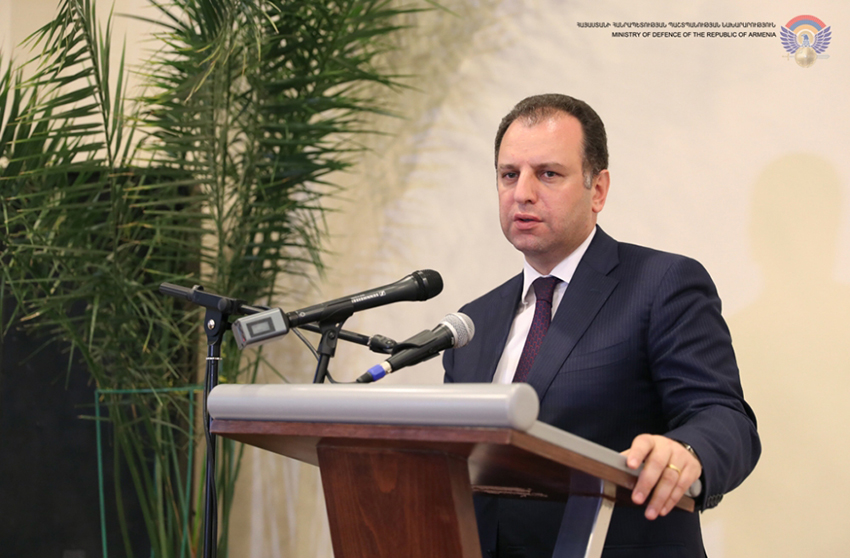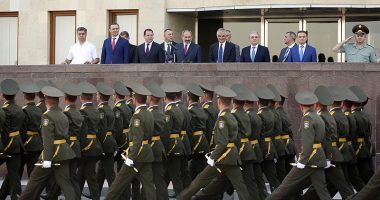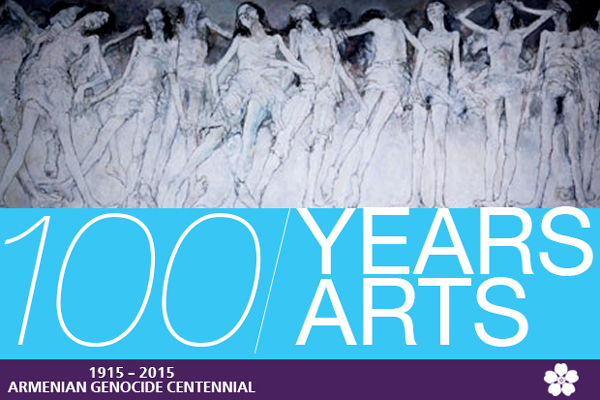NEW YORK — On July 11, 2018, Memorandum of the Ministry of Foreign Affairs of the Republic of Artsakh (Nagorno Karabakh Republic) on the state of the historical and cultural monuments in Artsakh and Azerbaijan was published at the UN official website. Earlier, the MFA Memorandum was circulated in the UN, as well as the OSCE and the Council of Europe.
The document emphasizes that all the architectural monuments in the territory of the Republic of Artsakh are the property and heritage of Artsakh. They are included in the State Register of Immovable Historical and Cultural Monuments and are under the state protection.
Being a responsible member of the international community and attaching great importance to the preservation of cultural and historical monuments, the Republic of Artsakh, on a voluntary basis, undertook commitments stemming from the European Cultural Convention, the European Convention on the Protection of the Archaeological Heritage and the European Convention for the Protection of the Architectural Heritage of Europe. The corresponding instruments of ratification were sent to the Secretary General of the Council of Europe on 22 December 2014 and 30 June 2015. In compliance with the undertaken commitments, the Government of the Republic of Artsakh allocates funds annually for the preservation of historical monuments, regardless of their origin.
The document presents facts that refute the false accusations of Azerbaijan on the destruction of Islamic monuments in the territory of Artsakh. The Memorandum notes that besides false allegations, Azerbaijan does not present any evidence and merely attempts to attribute its own approaches and actions to the Armenian side. In this context, it is stressed that during the Soviet period, as well as during the war, Azerbaijan destroyed 167 Armenian churches, 8 monastic complexes, 123 historical cemeteries.
Today, Azerbaijan continues its deliberate policy to destruct the Armenian monuments in the territories under its control. Moreover, during peacetime the Azerbaijani authorities completely or partially destroyed all the Armenian cultural and historical monuments of Nakhijevan, where until the end of the 20th century there were 218 Armenian Christian monasteries, churches and chapels, and more than 4,500 khachkars (cross-stones) and, at the same time, only 6 mosques.
The document expresses concern over Azerbaijani authorities’ attempts to interpret the construction of churches in Artsakh as a violation of international humanitarian law and to attach religious character to the Azerbaijan-Karabakh conflict.
In this context, the document stresses that there is no single clause in international Humanitarian and Human Rights Law, which restricts freedom of religion, including building of places of worship. Armenians have been building churches for over 1700 years, long before the appearance of Azerbaijan itself. According to the position of Artsakh, the Azerbaijan-Karabakh conflict is not of a religious nature, but it is a clash of two systems of values — an aspiration to freedom and democracy, from the side of Artsakh, and an attempt to suppress by force the inalienable right of the people of Artsakh to decide their own destiny, from the side of Azerbaijan.
The Memorandum also includes numerous visual materials testifying to the deliberate destruction and desecration of the Armenian monuments by Azerbaijan.

